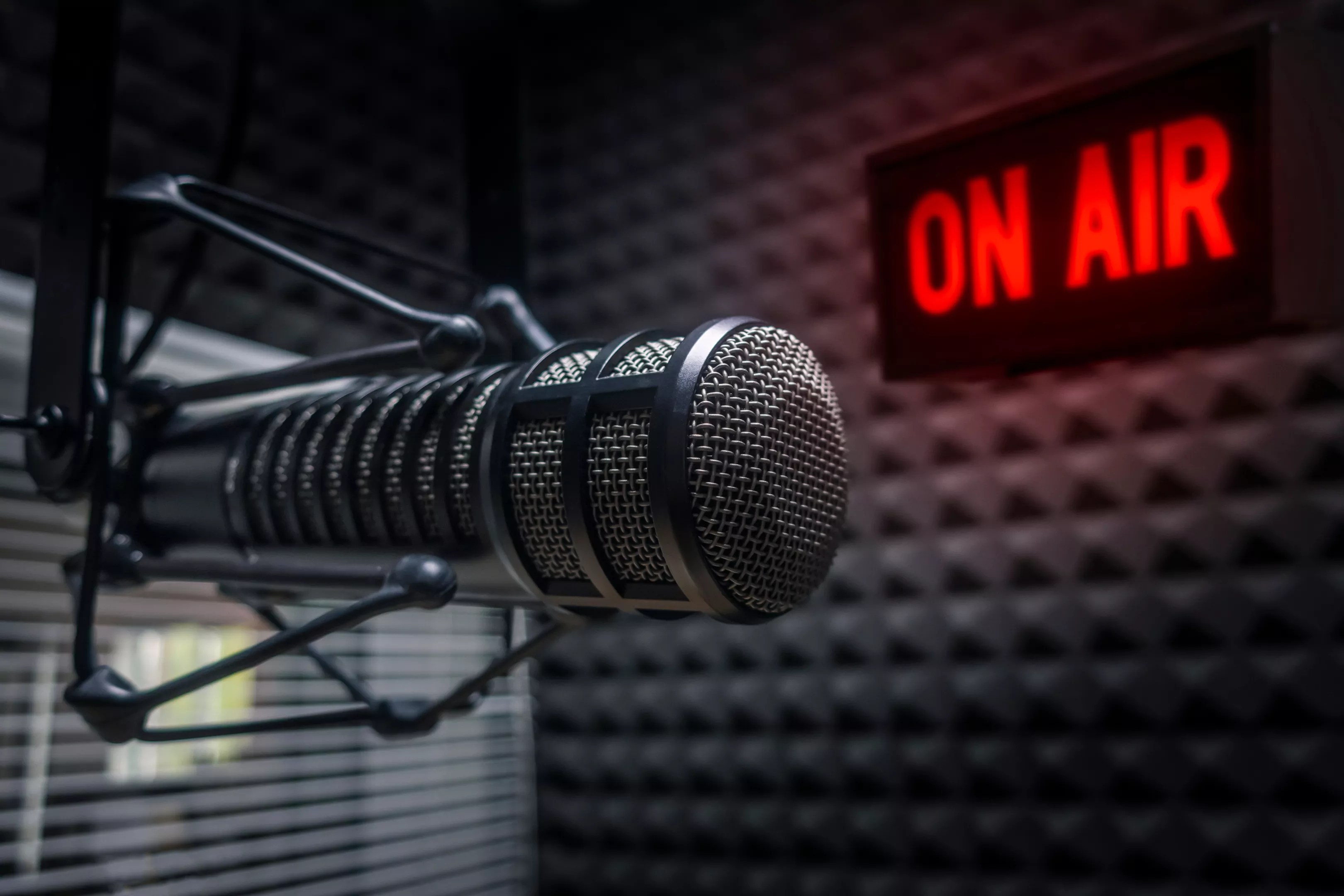
Adobe Stock

Audio By Carbonatix
Last night, Congressional Republicans clawed back more than $1 billion in funding appropriated to the Corporation for Public Broadcasting, which supports more than 1,500 NPR and PBS affiliate stations across the United States. Those cuts will leave KERA, NPR’s North Texas affiliate station, with a critical funding gap in upcoming budgets.
Eight percent of KERA’s annual budget, or around $2.7 million, is made up of federal funding for public media. That funding has traditionally supported local news coverage, music and arts programming and children’s programs. Now, the station will turn to local fundraising to help fill the gap.
“We are incredibly disappointed in this Congressional action. But KERA has provided essential services to North Texans for more than 60 years, and that’s not going to change,” Nico Leone, KERA president & CEO, said in a statement.
All House Democrats voted against the rescissions package to claw back $9 billion in already approved funding – funding for PBS, NPR, and critical aid programs. Just two Republicans voted against the package.
— Kyle Griffin (@kylegriffin1) July 18, 2025
This year, make your gift count –
Invest in local news that matters.
Our work is funded by readers like you who make voluntary gifts because they value our work and want to see it continue. Make a contribution today to help us reach our $30,000 goal!
We asked KERA if there is any particular programming they expect will face the brunt of this funding stoppage, but that information was not available. Online, Dallasites have already begun lamenting what the funding clawback could mean for their favorite programs.
“I love the local NPR station like many others, but will go insane if these cuts do anything to our beloved KXT,” one Dallas Redditor posted.
Another noted, “KERA isn’t going anywhere. Everyone should continue to donate, though, as it is one of the top-tier public broadcasting systems in the nation, by far the best in Texas. It’s small towns and rural communities that are in dire danger of losing all public broadcasting.”
In 2011, NPR leaders evaluated what a loss of CPB subsidies would mean for local stations and found that as many as 18% of stations would be forced to close entirely. As the aforementioned Redditor noted, the majority of those closures would take place in rural areas in the Midwest, the South, and the western United States. In general, federal funding makes up a larger portion of rural stations’ budgets than metropolitan stations.